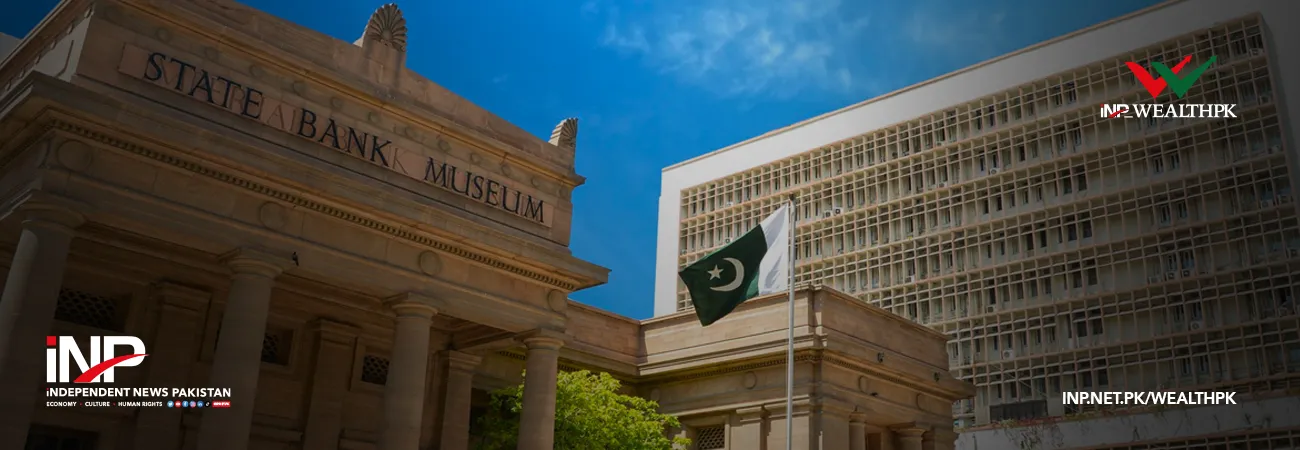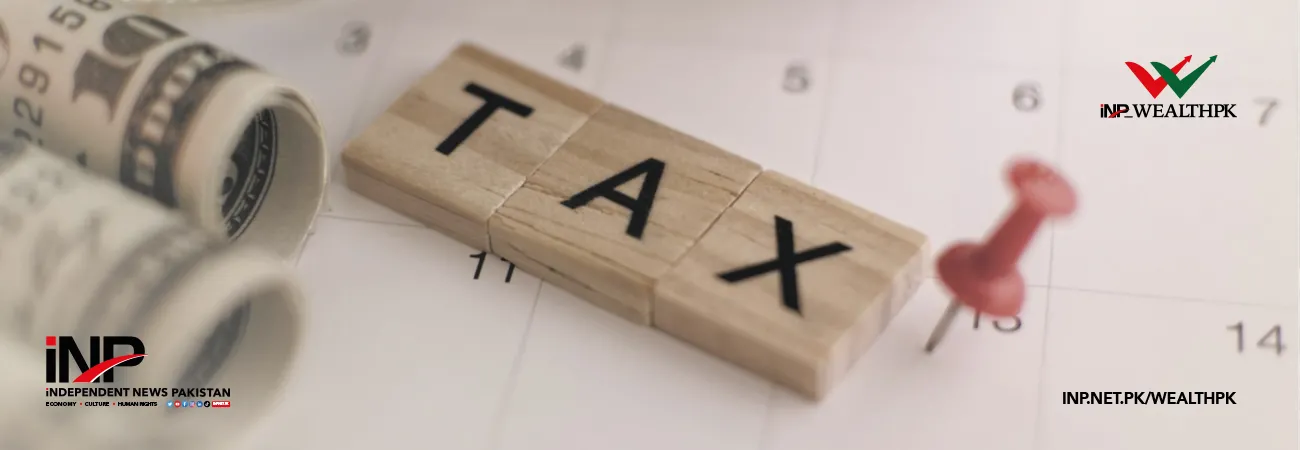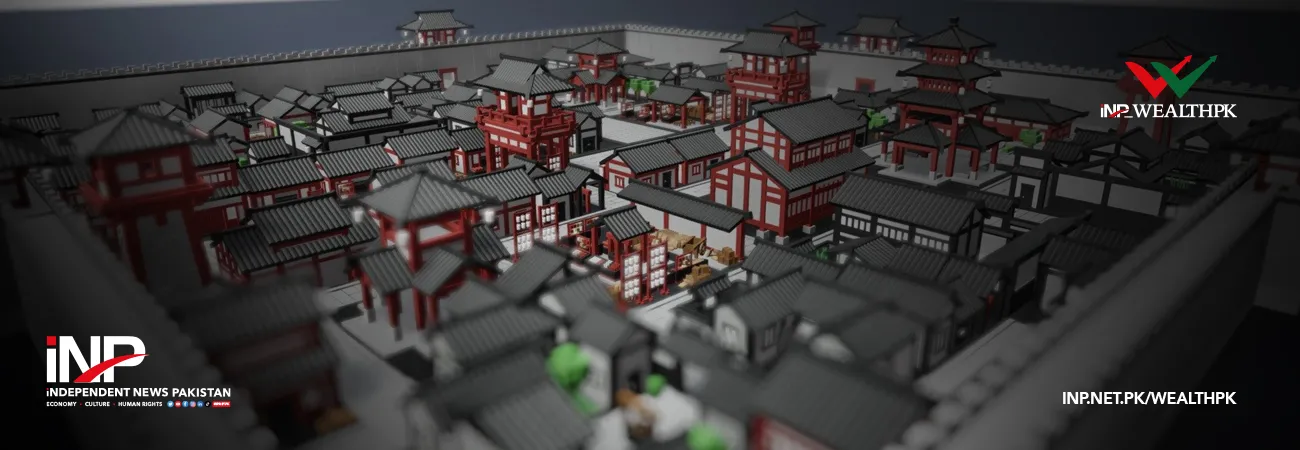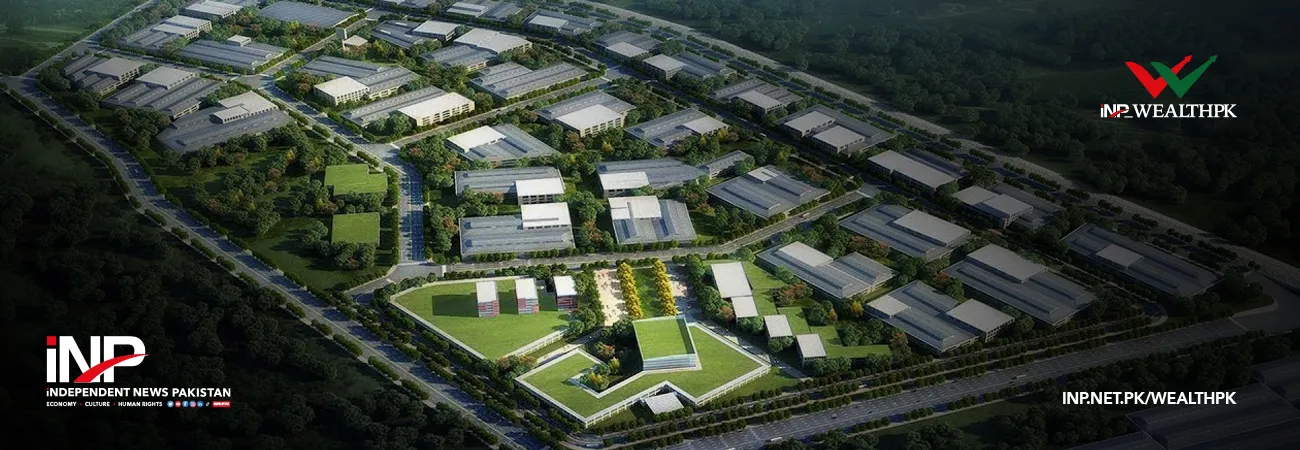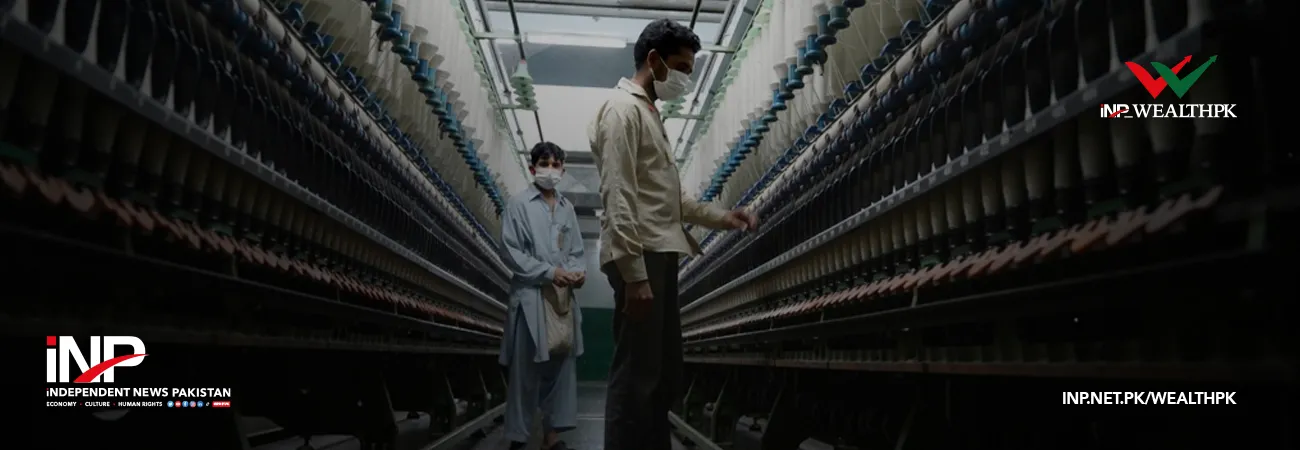INP-WealthPk
Moaaz Manzoor

The recent policy rate cut and purchase of treasury bills (T-bills) by the government have led to optimism in Pakistan’s business environment. Speaking with WealthPK, Asad Ejaz Butt, a macroeconomist affiliated with the University of Massachusetts in Boston, said while the State Bank of Pakistan dropped the interest rates by 200 basis points, the real interest rates remain positive due to the significant decline in inflation since April. This situation discourages consumption and investment in the short term. People may prefer to save and earn interest, lowering nominal rates. As a result, the gross investment and consumption are likely to remain low, and growth is expected to stay below 5%, especially if Pakistan continues to follow the IMF program, he explained. Butt also emphasized that political factors will play a crucial role in determining medium- to long-term growth, and expansive fiscal measures are not anticipated in the short run.
He noted a trade-off between adhering to the strict fiscal and monetary policies required by the IMF and achieving higher growth. The IMF program aims to stabilize the economy by controlling inflation, reducing fiscal deficits, and ensuring debt sustainability. While these measures are crucial for long-term economic well-being, they often restrict the government’s ability to implement expansionary fiscal policies that could stimulate short-term growth. Butt also pointed out that Pakistan’s political environment plays a significant role in shaping its economic future. “I don’t see the government adopting expansive fiscal policy measures in the short run. But the political element is strong in this analysis, which will influence growth in the medium to long term.” Similarly, Tahir Abbas, Director of Equities at Arif Habib Limited, highlighted the significant improvement in Pakistan’s macroeconomic fundamentals.
Abbas pointed to the steady decline in inflation and the recent interest rate cuts as the key drivers of increased business optimism, with every major economic indicator showing signs of recovery. He predicted that further reductions in the interest rate could create an even more favorable business environment. Abbas also anticipated that sectors such as textiles, cement, and pharmaceuticals would experience significant growth in the coming months, as improved economic conditions continue to bolster investor confidence and stimulate market activity. The economic outlook is cautiously optimistic, driven by recent policy measures that have improved the business environment. Although the real interest rates are still a challenge, a steady decline in inflation and positive macroeconomic trends have set the stage for increased business confidence. Sectors such as textiles and cement are poised for growth and could expand further if the interest rates continue to fall. However, political and fiscal policy considerations are crucial factors that could impact the pace of recovery in the medium term.
Credit: INP-WealthPk



